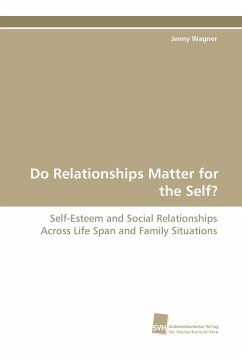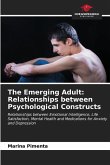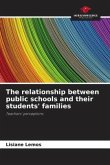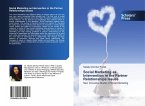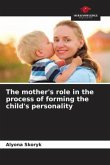Humans are social creatures that long for relational connectedness. At the same time, they have a strong sense of self that seeks to maximize the capabilities of the individual. In these partially contradictory motivations self-evaluation has been proposed as a major process to initiate self-regulative mechanisms. One frequently identified self-evaluative indicator is self-esteem. The present research aims at exploring the extent to which self-evaluative processes depend on and interact with social relationships. The author links the self-esteem and social relationship literature with an emphasis on age related changes and specific challenges in the context of childlessness. Two empirical studies explore differential patterns of ego-centered social networks and dyadic relationships addressing effects on global and domain-specific self-esteem as well as a new construct of relationship functioning, that is, relational self-esteem. Findings point to a relational nature of self-evaluation. In all, results open up a new perspective on personal functioning across the life span by means of differential and relationship specific considerations.
Bitte wählen Sie Ihr Anliegen aus.
Rechnungen
Retourenschein anfordern
Bestellstatus
Storno

